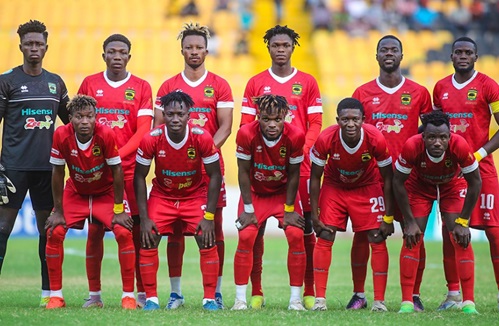In addition, he suggested that teachers should make teaching more inclusive and adaptive.
Dr Boakye-Yiadom said this at a two-day policy workshop on how to make education inclusive for all children jointly organised by the IEPA and the Ministry of Education.
Known as the Inclusive, Engaging and Adaptive (IEA) pedagogies project, the workshop was aimed at collecting information from the participants who were mainly drawn from the Ministry of Education, teacher unions, classroom teachers and the academia.
The response from the participants will enable the IEPA to go to the field to do further research to confirm or dispute their responses.
That will consequently help the government to develop an action plan to address gaps in providing engaging, inclusive and adaptive education for all children in the country.
Speaking to journalists at the opening of the workshop, Dr Boakye-Yiadom, said making education more inclusive and adaptive was one way of solving learning crisis in the education system.
He explained that innovative academic practices and methods of teaching, technically known as pedagogies meant that where the children seemed not to understand what was being taught, the teachers should practicalise the class by, for instance, taking the pupils outside the classroom.
“Innovative pedagogies mean go back and ask what interventions you can use as the teacher to help those who don’t understand what is being taught. What interventions can you have for them based on homework? What interventions can you have for them based on one-on-one interaction so that we get everybody on board?’
He said the policy dialogue was part of the first phase of the IEPA project that was expected to end in September this year and the focus would be on primary school learners, primary school teachers and heads of primary schools, Basic School Division within the Ministry of Education, Circuit Supervisors and personnel from the National Curriculum Research Development.
Giving a background to the IEA project, the Lead, Innovative Pedagogies Project of the Education Commission, Dr Sam Awuku, said following the outbreak of the COVID-19 pandemic in 2020, the need for governments to come together to think about education so that learning crisis did not turn into catastrophe arose.
Working with stakeholders, the commission engaged 163 countries and out of that engagement, a white paper called ‘Save our future’ was developed, which spelt out seven action areas among which were children returning to school safely and how the education system could become inclusive, adaptive and provide engaging and playful pedagogies so that every child wherever could receive quality education.
The intention of the project, he explained, was to create awareness of an innovative, engaging and adaptive education system so that should there be another pandemic, the system could respond quickly.
He said Ghana, Kenya and Rwanda were the countries in which the project was being implemented and the commission wanted to know how their systems were in terms of inclusive, adaptive and engaging pedagogies and what was happening with regard to those areas so that based on the responses, they could help the governments of those countries to develop action plans to address the gaps in the system.
“Inclusive in the contest of this research is about making education accessible to everybody so that all could achieve their potential. When we say everybody, we are talking about people who are in rural areas, sub-urban areas, urban areas; people who have learning challenges; children who are marginalised, pregnant and have dropped out of school and autistic children. Adaptive here means adapting to each individual child’s situation while engaging means the different methods of teaching,” he explained.
Source : Graphiconline






